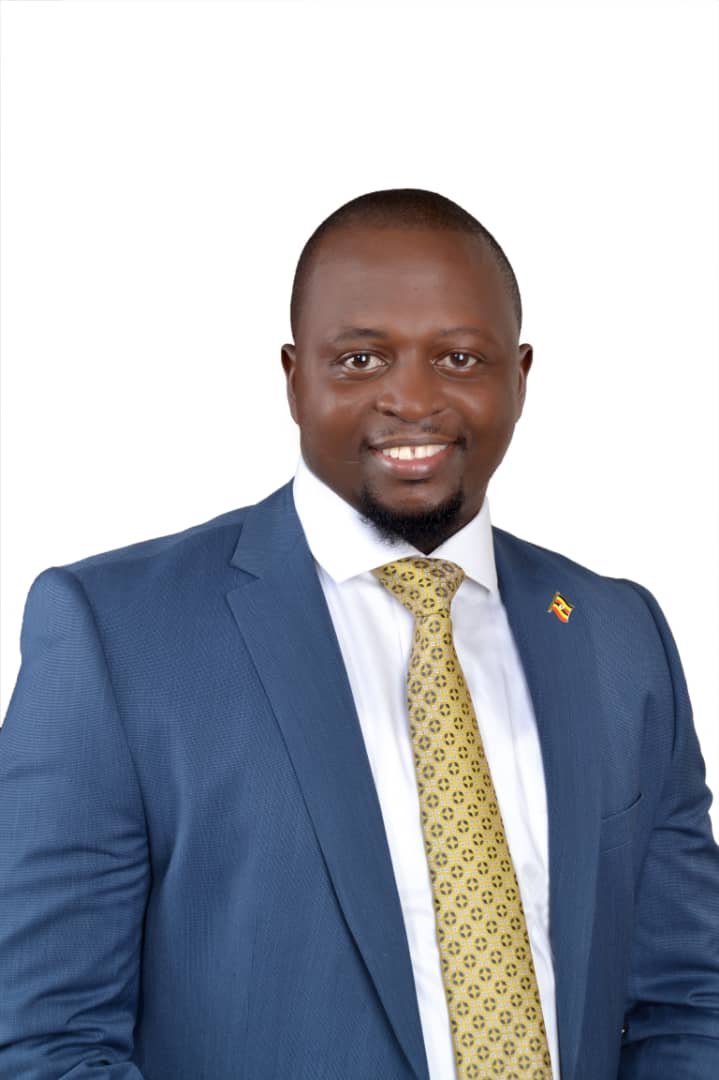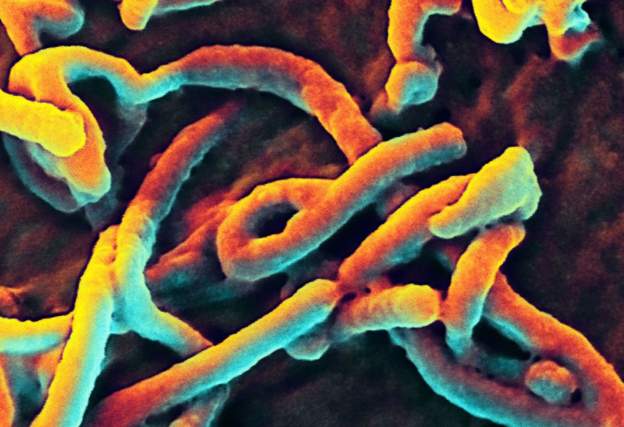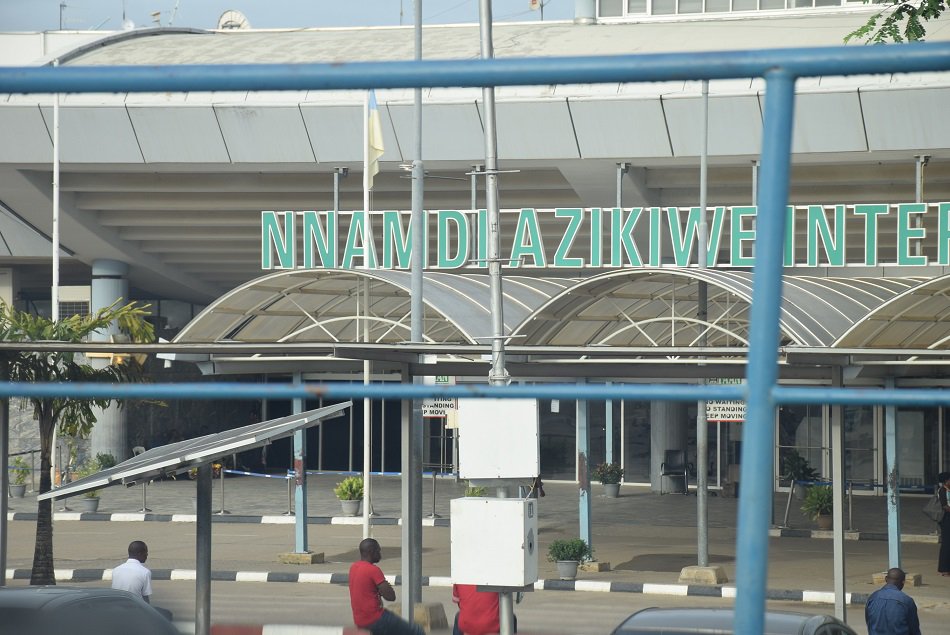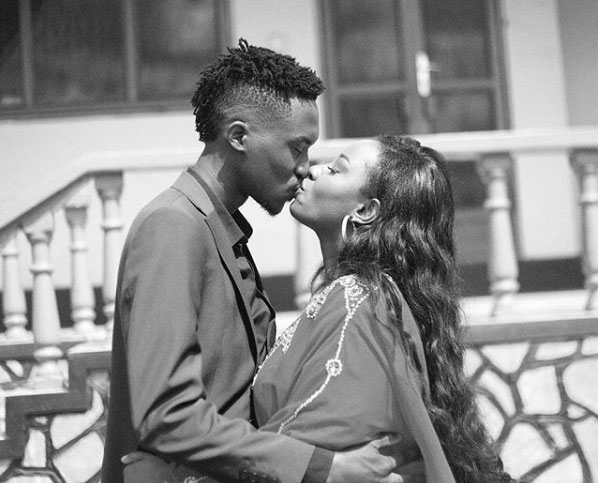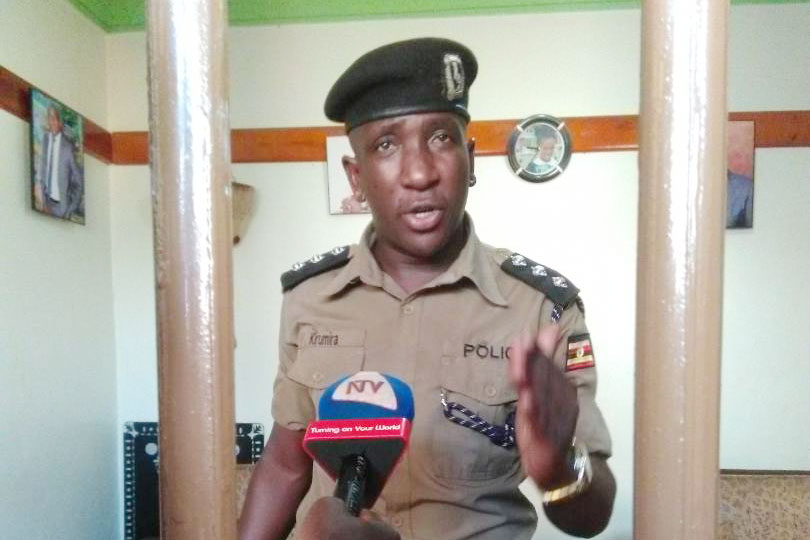UGANDA’S DIPLOMATIC CRISIS: The Cost Of Incompetent Diplomats In A Globalized World
There has been a growing trend of incompetence portrayed by Ugandan diplomatic missions in many countries across the globe which has resulted into either worsening Uganda’s ties with these countries or into unfair zero-sum interaction with these countries.
It ought to be noted that as no country can operate in isolation of other countries, the global forces of liberalism have pushed all countries into a global village that what happens in a country like Uganda becomes a matter of the rest of the countries in an organic analogy.
Therefore, the challenges that come along with such connectivity call for a very trained, Nationalistic, experienced and well-equipped personnel to serve in a country’s diplomatic missions.
However, in Uganda, the largest percentage of heads of foreign missions are not interested in growing their career in diplomacy and thus, a few perform to the expectations of Uganda.
This reveals their incompetence coupled with lack of knowledge and skills of diplomacy and they have done more harm than good to the image and interests of the Uganda in the World.
In the recent times, following the 2021 General Elections in Uganda, the image of the country has been painted to the World as being full of state violence, crackdown of the opposition by the ruling political party and very many other negative aspects of the government of Uganda. in doing so, no one has talked about the achievements of the government in Uganda in developing this young democracy from the state of anarchy and civil wars almost since independence to a governable society that are meant to be applauded globally, although still with challenges in the democratization process that all advanced democracies have too gone through.
Most of Uganda’s diplomatic missions have either paid no attention to these critical aspects of foreign policy or simply just don’t know what to do as diplomats.
As a result of the incompetence of Most heads of diplomatic missions, foreign actors such as the European Union on Thursday 11th February 2021 through its Parliament recommended sanctions over the Ugandan Government for what they refer to as a non-democratic election coupled with the crackdown and arrests of opponents of the Ruling NRM government which followed a similar plea by two U.S congressmen who asked Washington to impose sanctions on seven security officials for alleged rights violation.
Indeed, with a vibrant team of ambassadors representing Uganda in Europe, this wouldn’t have happened.
Besides, domestic government officials who responded to the resolution by the European Union seem to be less informed about diplomacy as their response mode and tone was too undiplomatic in nature.
From the government spokesperson (Mr. Ofono Opondo), Ministers David Bahati and peter Ogwanga all responded undiplomatically by warning the European countries to stop meddling in Uganda’s politics.
This shows that they either forgot or they are not aware of the fact that Uganda is operating in a globalized World.
In reference to Article 3 of the Vienna convention on diplomatic relations (1961) Ugandan diplomats have failed to execute the following functions resulting into a diplomatic crisis.
- Representing Uganda in the receiving State where they are assigned. Ugandan diplomats mainly those in Europe would have explained the state of the political situation in Uganda to as to show the relevance of the state actions and the reality in the country to counter the falsehoods and exaggerations made by the opposition and the international media.
- Protecting the interests of the Uganda and Ugandans in the receiving State, within the limits permitted by international law. Ugandan diplomats would have worked harder to protect the major interest of Uganda in Europe being friendly relations with these European states as per schedule XXVIII of the 1995 constitution of Uganda, fostering peace and stability as well as keeping gandans in Europe safe through a stable government home.
- Negotiating with the Government of the receiving States. Before such resolutions and recommendations that the EU legislature reached are made, Uganda’s diplomates in those geopolitical areas would have worked tirelessly to sit on round tables and negotiate their country’s position with the EU country members and inform them about the realities in Uganda and the need for the government to take such measures that it took. Indeed, the diplomats would have shown the European union members states that the peace being preserved by the Ugandan government is for the good of all of them in the Great lake’s region and the African continent. Still, in line of failure to negotiate on behalf of Uganda, our diplomats have made Uganda to lose vital positions in international organizations such as when Dr Specioza Wandira Kazibwe lost the seat of Chairperson of the AU Commission in 2016 as Ugandan diplomats failed to mobilize delegates to vote for her in Kigali. Besides, in the recent February 6 -7, 2021 34th AU SUMMIT & AUC elections, all the three candidates from Uganda lost. These were Prof. Pamela Kasabiiti Mbabazi who lost the race of Vice Chairperson of the AU Commission to Rwandese Dr. Monique Nsanzabaganwa, Apollo Kenneth Bagamuhunda lost the race of the Commissioner, ETIM and John Patrick Kabayo lost that of Commissioner, ESTI.
- Ascertaining by all lawful means conditions and developments in the receiving State (Europe & the US) and reporting thereon to the Ugandan Government. In Most cases, if the Ugandan government had been informed earlier prior to such meetings and resolutions, it would have taken measures to deliberate with member states of the EU and inform them about the realities on ground and reach negotiated conclusions without reaching the level of sanctioning the country.
- Promoting friendly relations between the sending State and the receiving State, and developing their economic, cultural and scientific relations. The resolutions by the EU shows that Uganda diplomats have almost done nothing to create avenues for Uganda to friendly relate with these states economically, culturally, scientifically and so on that Uganda can’t even be given an opportunity to be listened to before resolutions are made against it.
Therefore, for our country Uganda to revive its strength in this globalized international system, it needs to develop a very vibrant diplomatic force just like Hand J Morgenthau (1948) advised.
This can be done through recruiting personnel basing on qualification (basically students of international relations and diplomacy, political scientists and other related fields) who are well equipped with the knowledge and skills of diplomatic practice rather than those with either less knowledge or no interest in diplomatic practice and at times look at diplomatic appointments as retirement packages.
Ampumuza Dixon Kagurusi
An International Relations and Diplomatic Scholar.
dampumuza@gmail.com
0772194116


